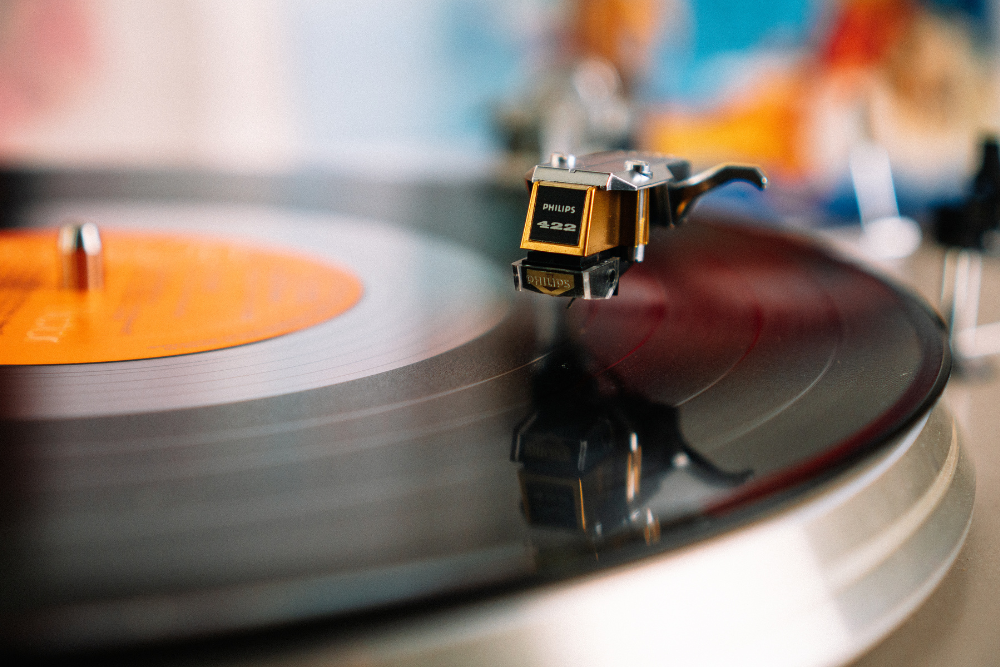No Coffee, No Phone: What Not to Do When You're Stressed or Anxious
Stress is an integral part of life, but some actions can worsen it instead of soothing it. Here are a few things to avoid when you're in an emotional turmoil.

Imagine the following scenario: You're swamped at work, facing a tight deadline, or you've received surprising news that shakes your inner peace. Your body is tense, your heart is racing, and your mind won't stop racing. Naturally, you look for a quick way to ease the stress – maybe a cup of coffee, scrolling through social media, or postponing certain decisions to a later date. However, these habits, stemming from instinct, might actually increase anxiety and harm our concentration.
So how can we avoid the mistakes that worsen stress, and which actions truly help us maintain balance? Here are some habits to avoid during stressful times.
Coffee? Better wait
When we're tired, worried, or feel like we're about to crumble from the pressure, we automatically reach for a strong cup of coffee. The caffeine, meant to give us an energy boost, might actually worsen the feeling of stress. It stimulates the nervous system, raises heart rate, and can lead to a rapid heartbeat and restlessness. If you're already stressed, it's better to choose a soothing drink like herbal tea or warm water with lemon.
 Coffee worsens stress feeling
Coffee worsens stress feeling
Procrastination worsens stress
It's very easy to convince ourselves that "now is not the time" and it's best to postpone the task to tomorrow or when we feel more at ease. The problem is that procrastination creates a cycle of accumulated tension: the closer the task gets and we don't deal with it, the more the stress grows and becomes like a monster growing with every passing minute. Instead of postponing, try breaking the task into small steps and taking at least one of them, even if it's small, to make you feel in control.
Endless scrolling only increases restlessness
When your mind is full of thoughts, sometimes your hands instinctively reach for the screen. This instinct, to escape into worlds of videos, news, and updates, seems like a good way to distract yourself, but in reality, it only pulls you deeper into a feeling of overwhelm. The endless flow of information enhances the sense of lack of control and makes it harder to truly relax. It's better to put the phone aside, go for a short walk, or simply close your eyes for a few minutes.
Making decisions in a whirlwind of emotions
When thoughts are racing, emotions are overwhelming, and the body is tense, it's not the right time to make significant decisions. Under pressure, we tend to think in extremes, act impulsively, and sometimes choose a path that seems convenient at that moment – but turns out to be wrong in the long run. If you feel that tension is taking over, try to delay the decision for a few hours, or even to the next day. A clearer perspective can save a lot of mistakes.
And what should you do?
If certain actions only increase anxiety, what can be done to restore calm and concentration? Here are a few proven ways to deal with stress in a healthy and effective manner.
Deep breathing to slow down
One of the quickest and most effective ways to reduce stress is mindful breathing. When we're stressed, our breathing becomes short and quick, signaling the body to a state of emergency. Breathing techniques like "4-7-8" (inhale for 4 seconds, hold breath for 7 seconds, and exhale slowly for 8 seconds) help calm the nervous system and signal the body that everything is okay. Even deep diaphragmatic breaths can significantly improve concentration and calmness.
Just move
Sometimes, the best solution is simply to move. Light physical activity like a short walk, stretches, or even a few minutes of freeing dance at home can release endorphins – those substances that provide a sense of calm and balance. Even if you're in the middle of a busy day, try to get up from the chair, stretch your shoulders, and give your body a moment of natural movement. It will ease the stress and bring back some focus.
Drink water or soothing tea
Instead of reaching for a cup of coffee, energy drink, or sugary drink, try drinking clean water to refresh the body and help it recover. Herbal tea with chamomile, mint, or lavender can also induce calmness and provide a pleasant feeling of warmth.
Write down your thoughts
When the mind is full of troubling thoughts, writing can be a great way to unload them. Try taking a notebook and writing down everything that's going through your mind – without filters, without judgment. It can be an emotional release, a to-do list, or just words that describe how you feel. The action itself creates internal order and allows you to see things more clearly.
Listen to music that changes the mood
Music has an immense power to influence our emotional state. If you're stressed, try choosing calming music like nature tunes, classical music, or even a playlist of favorite songs that evoke positive feelings in you. Sometimes one song is enough to change the atmosphere.
 Music can change the mood
Music can change the moodTalk to someone close
Talking to someone who understands you can work wonders. It could be a good friend, a family member, or even a colleague at work. Just having someone listen to you, offer support, and remind you that you're not alone – can significantly reduce stress.
Give yourself a moment of disconnection
Sometimes all you need is a small break. If you feel the stress taking over, try going outside for a few minutes, gazing at the scenery, or even closing your eyes and imagining a calm place. This short disconnection from the stressful reality allows the brain to reset and prevents an overflow of thoughts and emotions.
Remember: everything is temporary
When we're in the midst of emotional turmoil, it's easy to feel that this state will last forever, but it's important to remind ourselves that it's temporary. Every moment of tension passes, and every stressful situation fades eventually. Remind yourself that soon you'll be in a calmer place and that you'll overcome the current challenge with Hashem's help.

